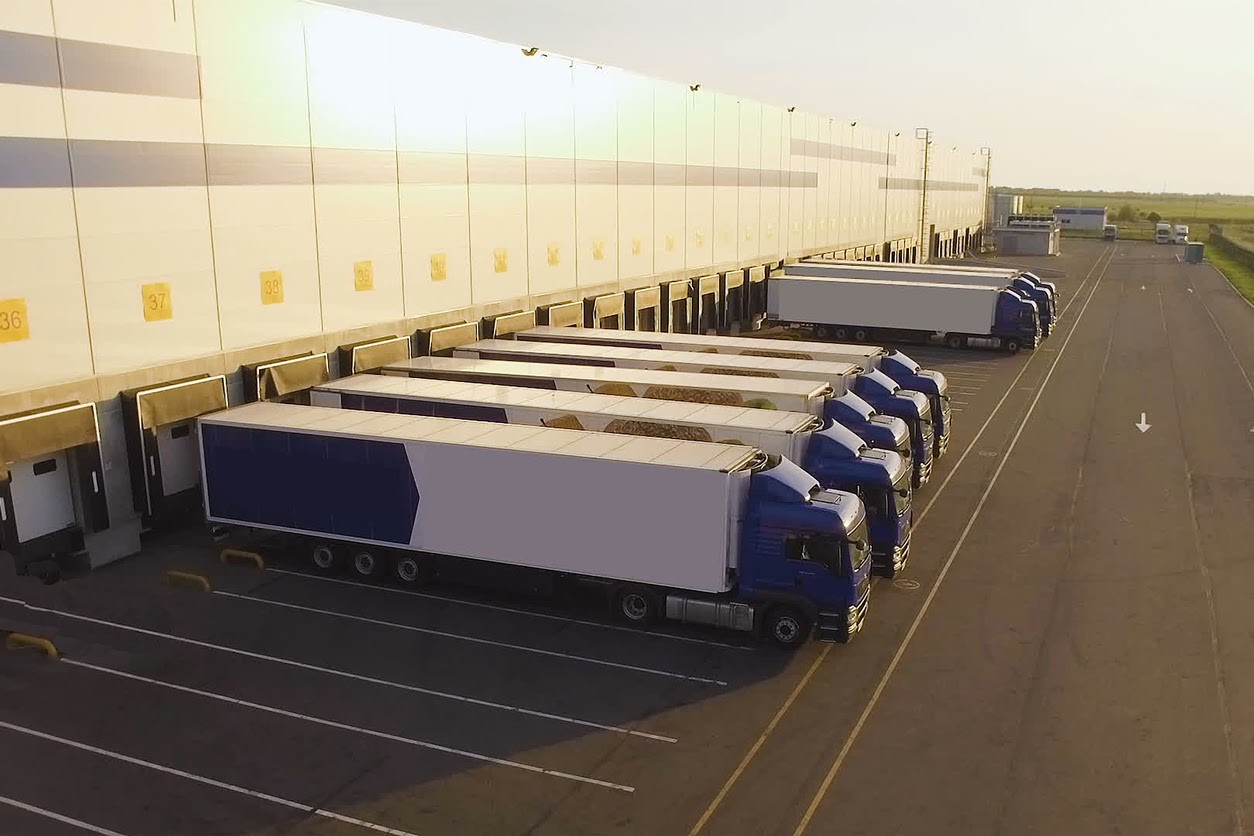What is third-party logistics?
An umbrella term that covers an array of different logistical systems and procedures, third-party logistics, also commonly abbreviated to 3PL, refer to the processes involved in outsourcing an organisation’s storage and logistical services. This can relate to everything from a business’ distribution and delivery systems to warehousing, inventory management and fulfilment services. Whether a business is looking for external help when it comes to small day-to-day logistical processes, such as delivery or warehouse management, or more comprehensive and all-inclusive solutions that operate in tandem and are capable of ensuring the external management of an organisation’s entire supply chain, a third-party logistics provider can help.
But what is a third-party logistics provider, what do they actually do and can 3PL services be useful for your business? In this deep dive into third-party logistics, we answer all these questions and more.
What is a third-party logistics provider?
To put it simply, third-party logistic providers incorporate their own specialist services into their clients’ respective supply chain processes. When doing this they take into account any specific logistics needs their client may have, as well as any industry norms. They are independent businesses that typically specialise in solutions relating to their clients’ storage, warehousing, transportation, shipping and general logistic requirements.
Typically, to achieve this, a 3PL provider will put in place an integrated and tightly-managed strategic approach in order to independently oversee all aspects of a client’s supply chain. However, larger organisations that manage certain aspects of their own storage, transportation and fulfilment services in-house may only use a third-party logistics provider for specific needs in which very specialist knowledge and expertise is required. This could include overseas shipping services, difficult one-off liaison services between numerous carriers, shipments with potential customs issues, and storage/transportation management of hazardous, unusual or oversized products or materials.
What does a third-party logistics company do?
A third-party logistics company is simply an independent extension of their client’s organisation that is paid and brought in to consult on, devise and implement a strategy to manage the transportation and/or storage aspects of the business’ operation.
Regardless of what specific logistical functions they are being paid to manage, a good 3PL provider will have a complete understanding of their client’s entire supply chain processes, from their shipping and delivery procedures to their inventory management systems and warehouse stock control processes. This 360-degree view allows them to improve each and every aspect of a business’ logistical operation by optimising loads, forecasting freight fluctuations, identifying new efficiencies to save money and reducing transportation costs. To achieve this, third-party logistics companies typically focus on four key areas of their client’s business. These are:

Warehousing and inventory management – Most 3PL providers have the capability to implement new warehouse management systems for your business. If your business owns its own warehouse, this could involve, for example, devising a strategy that makes the inventory management more coherent and enables more efficient and cost-saving methods of loading and unloading deliveries.
Alternatively, some 3PL providers operate out of their own warehouses. If your business has outgrown its own storage premises or you need a specialist warehouse that can safely store potentially hazardous or oversized products or materials, for example, you can make use of these third-party, off-site facilities.
Transportation services – If you are looking for a 3PL provider to help with transportation and delivery services, typically you will select a company that will use their own trucks and logistics equipment – these are known as asset-based 3PLs. Although handing over complete control of your distribution services to a third-party company can be tough at first, a good 3PL provider is likely to lower freight costs, thanks to their expertise in finding economies and ability to optimise loads. This service is usually combined with 3PL warehousing and inventory management services.
Overseas transportation – Designed for businesses that trade and deliver goods internationally, 3PL providers that specialise in international freight forwarding can make the process of shipping in and out of the country much easier. Using their specialist experience and professional links with other internationally-based 3PLs, these services can help take the stress out of international transportation and allow your business to improve and optimise its overseas distribution network.
Industry technology services – An often overlooked service offered by many 3PL providers, industry-specific Transport Management Software (TMS) solutions can be an incredibly useful tool in collecting and utilising financial and transportation data. Using this data to improve auditing, better monitor inventory and load movements, and update accounting practices, a good third-party logistics company can help optimise a business’ entire logistics network, saving you money and improving your customers’ experience in the process.
Why use third-party logistics?
Now you know exactly what third-party logistics is and what a 3PL provider does, the question remains, why use a third-party logistics specialist? Well, to put it simply, your business can make use of third-party logistics to optimise its transport processes and storage management systems with the help of an independent industry specialist, resulting in overall cost-cutting and improved customer services.
